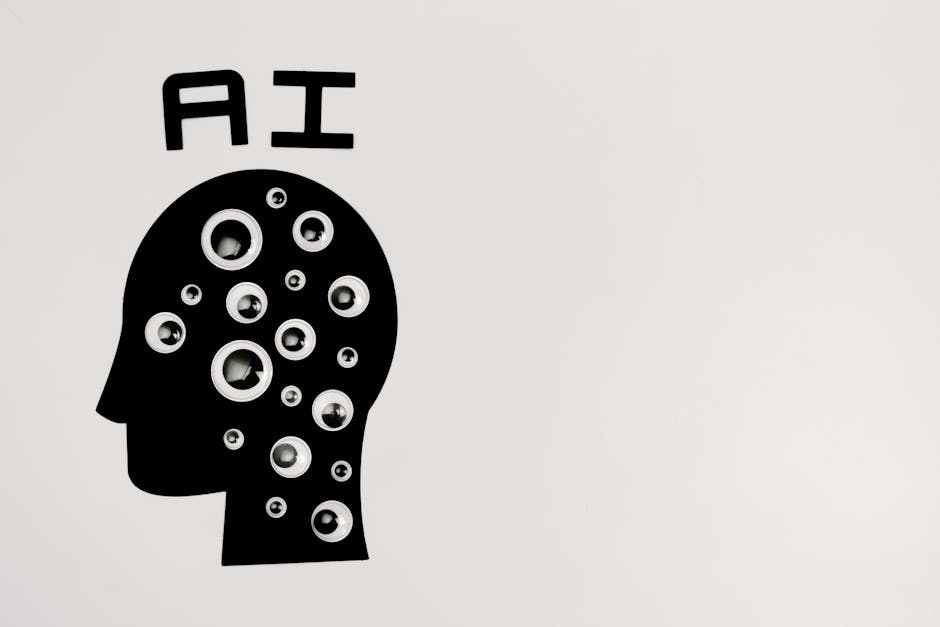AI’s Evolving Landscape: A 2025 Perspective
Artificial intelligence (AI) continues its rapid evolution in 2025, impacting various sectors globally. This year has seen significant advancements in generative AI, prompting discussions about its societal impact and ethical considerations. The pace of innovation necessitates a close examination of current trends and their potential long-term consequences. Experts predict a further acceleration of AI’s influence across industries, raising both opportunities and challenges.
Generative AI: The Defining Trend of 2025
The proliferation of generative AI models has dominated headlines in 2025. These systems, capable of creating novel content such as text, images, and code, have demonstrated remarkable capabilities. However, concerns regarding copyright infringement, misinformation, and the potential for misuse remain paramount. Regulatory bodies worldwide are grappling with the challenge of balancing innovation with the need for ethical safeguards.
Copyright and Authenticity Concerns
The ability of generative AI to produce highly realistic content raises serious copyright questions. Determining ownership of AI-generated works and preventing unauthorized use present significant legal hurdles. 2025 has witnessed numerous lawsuits and debates centered on the legal status of AI-created materials, highlighting the urgent need for clearer legal frameworks. The blurring lines between human and AI-generated content further complicates the issue of authenticity and verification.
AI in Healthcare: Diagnostics and Treatment Advancements
AI’s impact on healthcare in 2025 is undeniable. Advancements in AI-powered diagnostic tools offer faster and more accurate disease detection. Machine learning algorithms are analyzing medical images, identifying patterns indicative of various conditions, and assisting clinicians in making informed decisions. This improved efficiency and accuracy promise to revolutionize patient care. However, concerns remain about data privacy and algorithmic bias in healthcare applications.
Challenges in Data Privacy and Algorithmic Bias
The use of vast datasets for training AI models in healthcare raises critical privacy concerns. Protecting patient data while leveraging its potential for AI-driven improvements is a delicate balance. Ensuring fairness and mitigating algorithmic bias are equally crucial. Disparities in healthcare access and outcomes could be exacerbated if AI models are not carefully designed and validated to avoid perpetuating existing inequalities.
The Impact of AI on the Job Market in 2025
The integration of AI into various industries has raised concerns about job displacement. While some roles have been automated, others have emerged, requiring new skills and expertise. 2025 data reveals a growing demand for AI specialists, data scientists, and professionals capable of managing and interpreting AI-driven insights. Reskilling and upskilling initiatives are crucial to navigate the evolving job landscape.
Adapting to the Changing Job Market
The shift towards AI-driven workplaces necessitates a proactive approach to workforce development. Education and training programs must adapt to equip individuals with the skills needed to thrive in an AI-integrated economy. Governments and businesses are increasingly collaborating to provide resources and support for workforce transitions. This focus on reskilling and upskilling aims to mitigate the negative impacts of automation and promote inclusive economic growth.
Ethical Considerations and Regulation in 2025
The ethical implications of AI are at the forefront of discussions in 2025. Bias in algorithms, data privacy concerns, and the potential for malicious use necessitate robust regulatory frameworks. International collaborations are gaining momentum to establish guidelines and standards for responsible AI development and deployment. The need for transparency and accountability in AI systems is paramount.
Key Data and Takeaways from 2025:
- Significant increase in generative AI applications across various sectors.
- Growing concerns regarding copyright infringement and misuse of generative AI.
- AI-powered diagnostic tools showing improved accuracy in healthcare.
- Increased demand for AI specialists and data scientists, creating new job opportunities.
- Global efforts underway to establish ethical guidelines and regulations for AI.
The Future of AI: Predictions and Uncertainties
Predicting the future of AI is inherently challenging, given its rapid evolution. However, several trends suggest continued growth and integration across industries. Advancements in AI hardware and software are expected to further enhance processing power and efficiency. The development of more sophisticated AI models capable of complex reasoning and problem-solving is anticipated. The interplay between AI and other emerging technologies, such as quantum computing, holds immense potential for future innovation. However, ensuring the responsible and ethical development of AI remains a crucial challenge for years to come, demanding ongoing dialogue among researchers, policymakers, and the public. Addressing the concerns raised in 2025 will be essential in shaping a future where AI benefits all of humanity.

